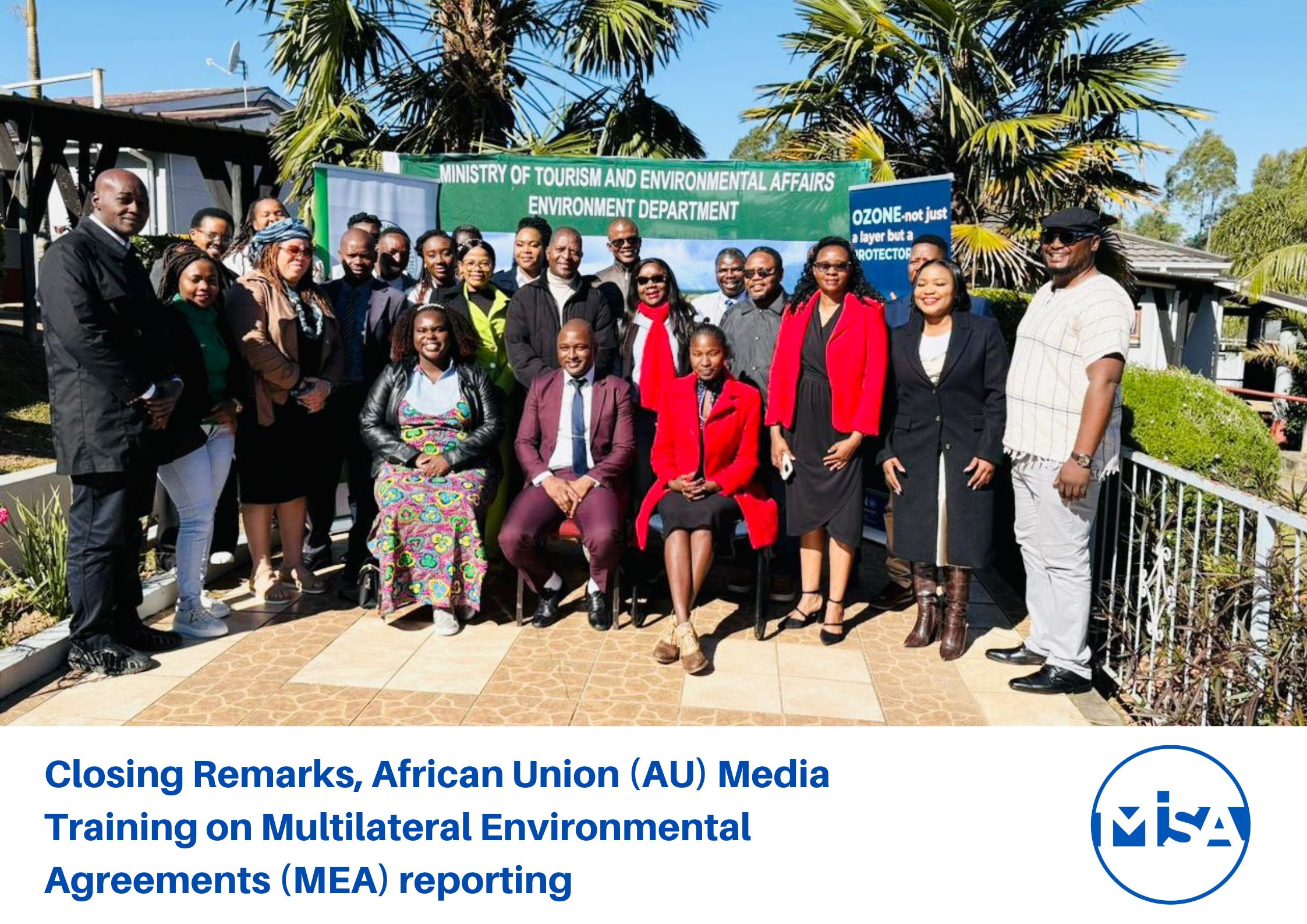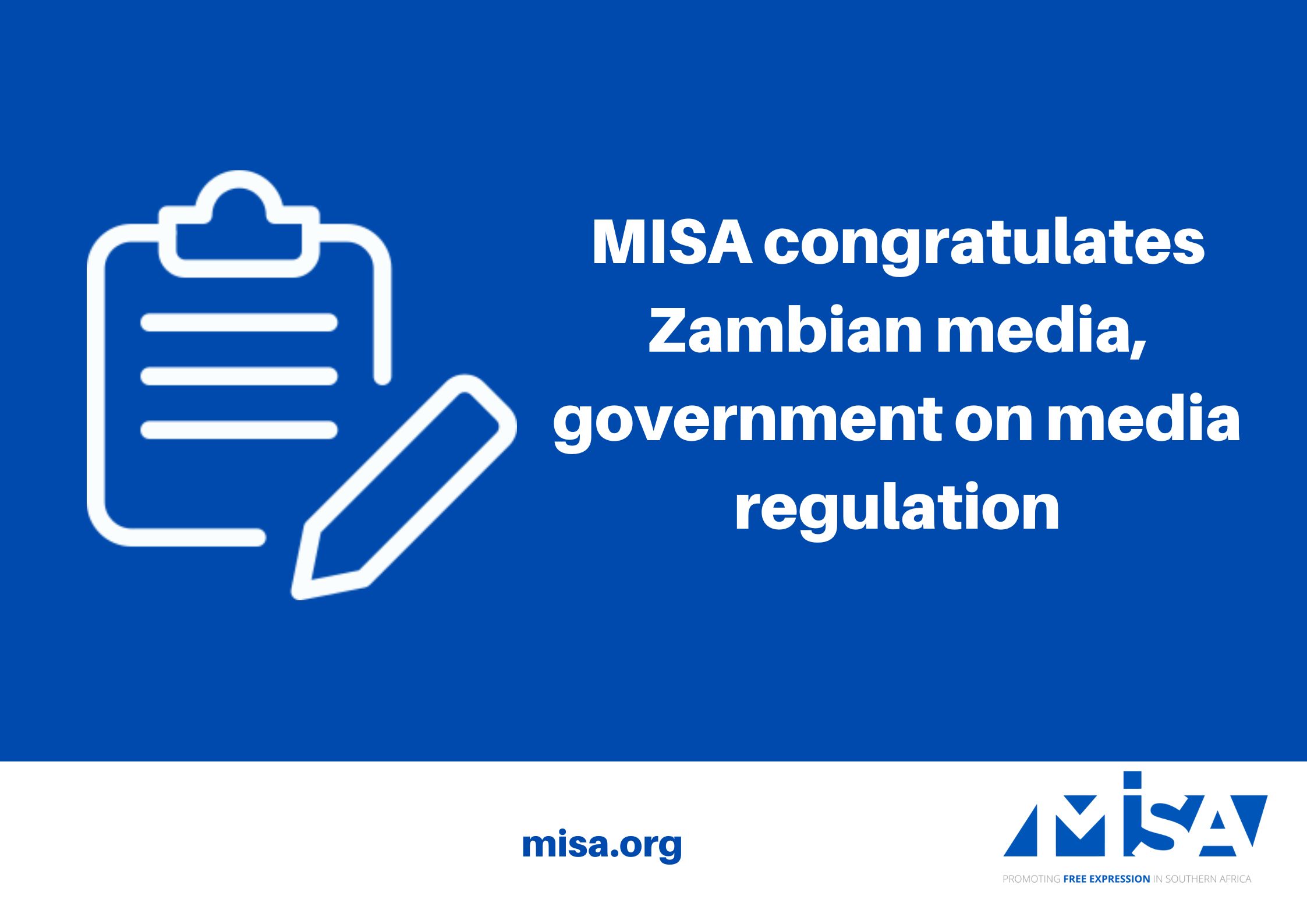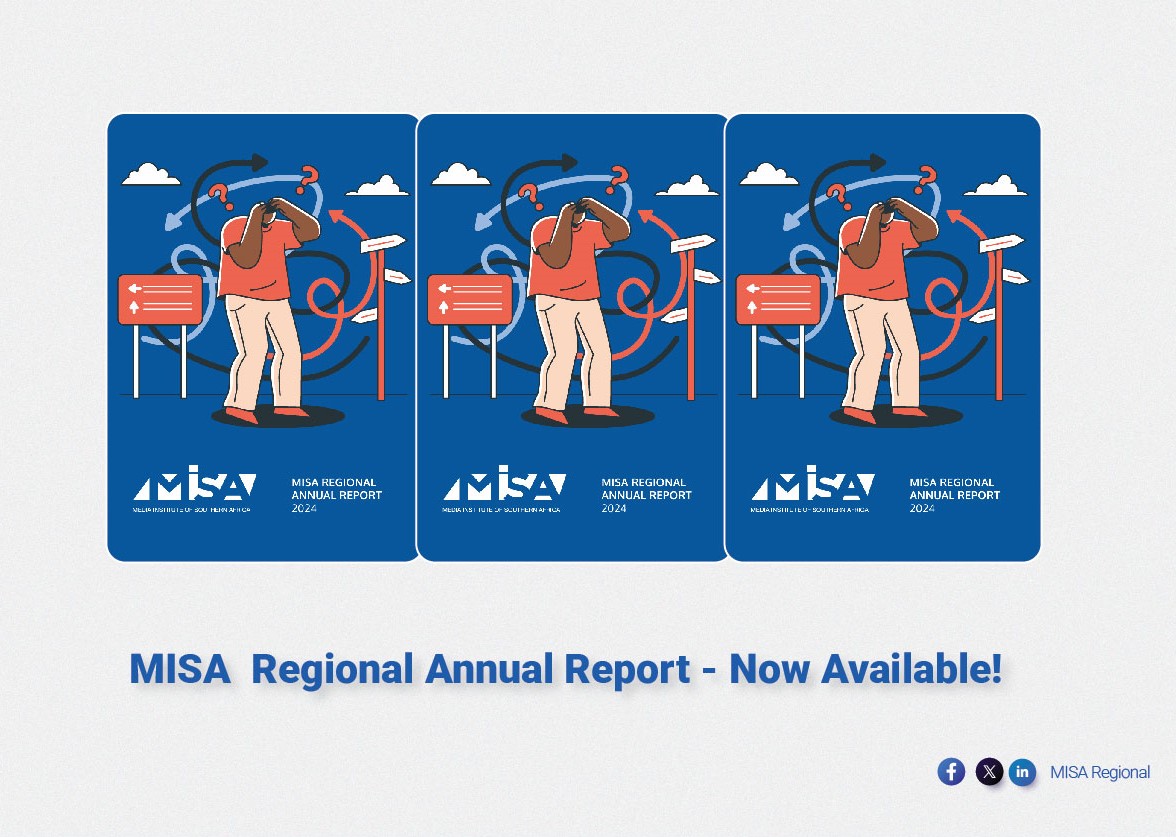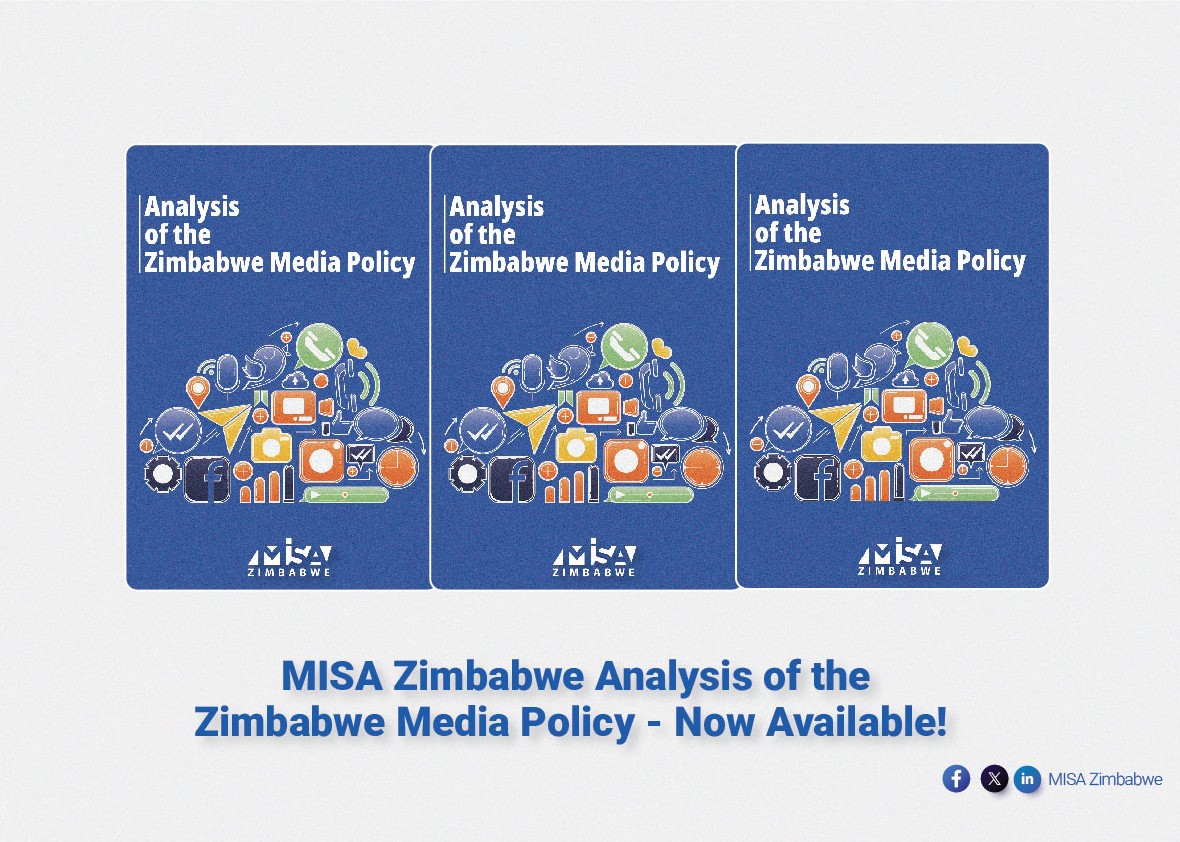By Mlondolozi Ndlovu
The Media Institute of Southern Africa (MISA) – Zimbabwe chapter has slammed the Zimbabwean government for its failure to abide by freedom of expression and access to information.
In its latest bulletin on media freedom violations covering the period January-April 2016, the media rights watchdog said Zimbabwean authorities were not too keen on respecting the Bill of Rights which provide for free expression.
“While the Bill of Rights (Chapter 4 Rights), has widely been acclaimed as meeting international benchmarks on fundamental human rights, events on the ground speak to a government that is not too keen on respecting citizens’ enjoyment of their constitutionally protected rights,” MISA said.
The group also blasted the continued existence of “archaic and restrictive laws” in the country’s statute books, saying they continued to curtail the enjoyment of free expression.
“The situation remains untenable given the continued existence of restrictive laws such as the Access to Information and Protection of Privacy Act (AIPPA), Criminal Law (Codification and Reform) Act, Broadcasting Services Act, Official Secrets Act, Censorship and Entertainment Controls Act, Interception of Communications Act,” MISA added.
The media group also said the state unfairly keeping the laws to criminalise citizens’ democratic rights.
MISA warned the continued existence of the laws could trigger more constitutional challenges.
“These laws remain as strong tools used by the government to criminalise otherwise constitutionally guaranteed rights and freedoms,” said MISA.
“This situation has spawned increased agitation for media law and policy reforms which could trigger costly constitutional challenges on the legality of the afore-mentioned laws and several others that could be in breach of the 2013 Constitution,” read the statement.
MISA, which has representatives from nine SADC countries, lamented the government’s fresh threats on internet users.
“Instead of implementing the long overdue reforms, the government is reportedly crafting legal and policy instruments to govern Information and Communication Technologies (ICTs) under the guise of curbing cyber crimes. This has a chilling effect on citizens’ free expression online,” said the group.
Source : Radio VOP









